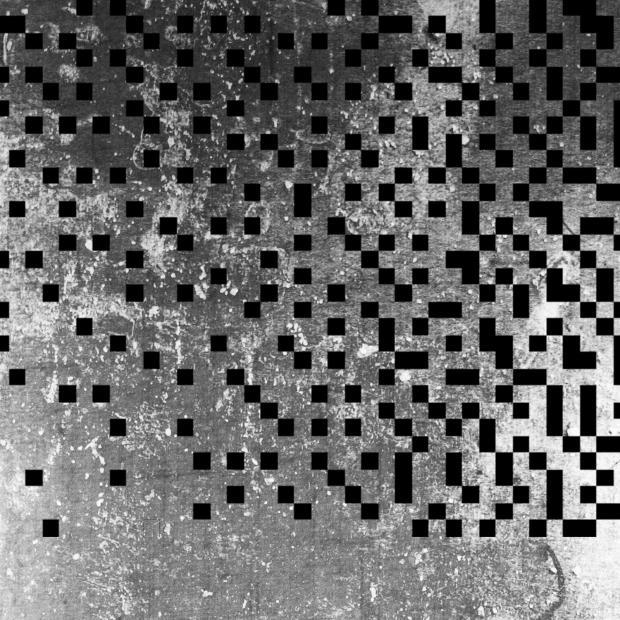
Join the colloquy
21st-Century Marxisms
more
Big Finance had emerged triumphant from the 2008 crisis, Occupy-style anarchism had foundered, Thomas Piketty’s Capital in the Twenty-First Century became a bestseller, and young Leftists of the so-called millennial generation, the punditry went, were effecting a turn away from airy, poststructuralist, "cultural" Marxism back to the more nitty-gritty, all-too-solid volumes of Capital and more materialist concerns of Marxist theory.
Writing in the Chronicle of Higher Education in November 2013, Andrew Seal had already anticipated and rejected such claims. "The continuities between today’s focus on political economy and the aging Theory Era," he wrote, "are often obscured by an exaggerated narrative of willful rediscovery of Marx, as if our inspirations are only our own intelligent resentment of the economy and the powers behind it." Seal offered a provocative counterpoint: the conversation was refocused by the vast capture, not only of a generation’s future wealth in the form of student and consumer debt, but of its "best minds." Decades of high-achievers were scooped up by Wall Street scouts who cruised the campuses of colleges too preoccupied with rankings and endowment figures to concern themselves with fusty old mission statements about social responsibility and the liberating power of knowledge. Friends morphed into investment bankers and hedge-fund managers, ascending to the boardrooms of the 1% as soon as the diploma ink had dried.
Indeed, Louis Althusser’s characterization of the university as an ideological state apparatus must be revised. Forget the state—the university has become the tool and stooge of the transnational finance economy, which itself has shown only contempt for the state. Steeped in pure free-market ideology and restructured along the lines of corporate managerialism, elite colleges not only became the nurseries of nascent Wall Street execs, but collaborated in generating huge new markets for consumer debt.
But not without generating a backlash. The new thrusts of Marxist theory, as Seal suggests, are a generation’s first efforts to delineate the terrain and bleak scenery of today’s class struggle: a rapidly vanishing commons; a desiccated public sector; the neoliberal, corporatized university; and the despotic regency of finance over not only democratic institutions and what used to be called civil society, but the political imagination of that very generation.
Recent efforts in Marxist theory attempt to understand the origins of today’s debt- and finance-based economy, without neglecting its social and cultural aspects. Arcade has convened a Colloquy on 21st-Century Marxisms to collect some of these thoughts. In the interest of dialectical critique, the present colloquy also hopes to create a space for considering the role of the academy and of public intellectuals at this juncture in Marxist theory.
We’ve collected recent and forthcoming materials from our partner journals and presses that take up these new directions in Marxist thought, and invited commentary from some of the leading voices in contemporary Marxist theory. To open the colloquy, we’re featuring an article on debt by David Palumbo-Liu and the first of a multi-part reflection by McKenzie Wark on 21st-Century Marxisms. We also include the introduction to The Specter of Capital by Joseph Vogl, who offers an analysis of the irrational and spectral nature of immaterial finance capital through a reading of Don DeLillo’s novel Cosmopolis. Nancy Fraser returns to "Marx's Hidden Abode" in a lecture given at Dartmouth, and Edgar Illas attempts to "name the system" that Marxist theory now tries to describe and analyze.
Watch for additional interventions from Jacobin editor Alyssa Battistoni, professor and immigration activist Justin Akers Chacón, novelist and professor Lee Konstantinou, and New Inquiry blogger and author Evan Calder Williams.













